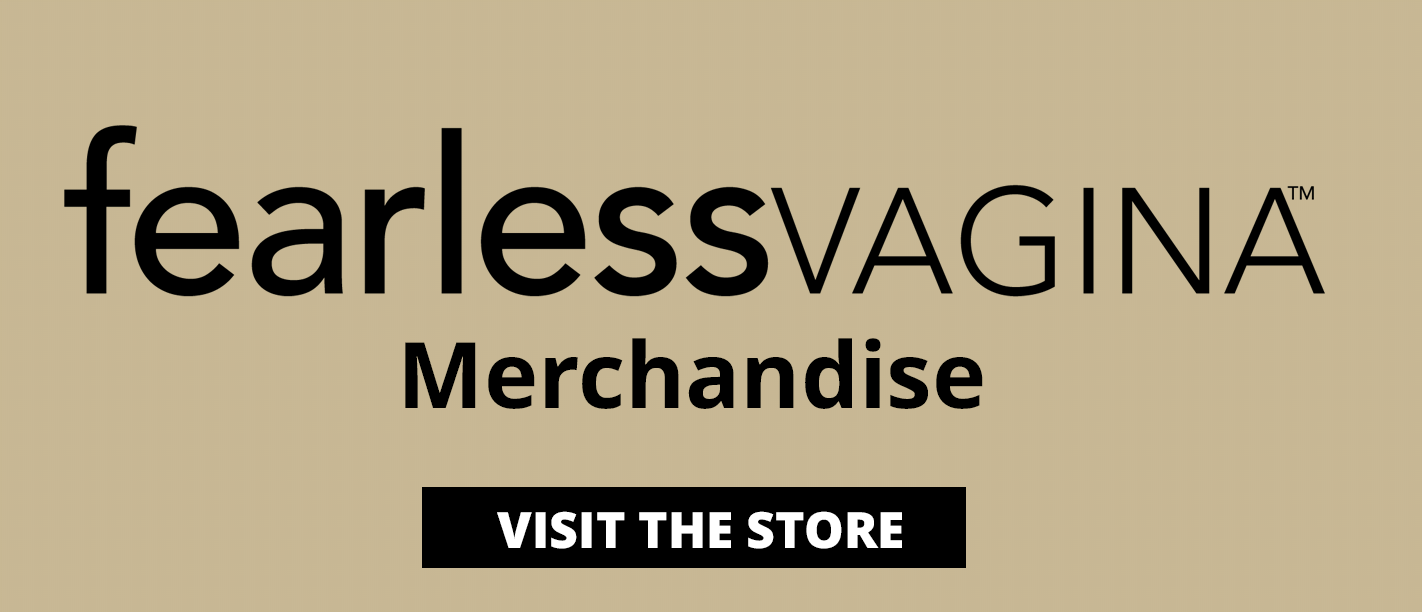Menopause Mondays: Breast Cancer and Medical Menopause
Menopause Mondays: Breast Cancer and Medical Menopause
Did you know that certain chemotherapies can cause women to flash forward into menopause? Since October is Breast Cancer Awareness Month, I thought it would be an appropriate time to learn more about the correlation between cancer treatments and menopause symptoms. Sandy Rabourne, of Susan G. Komen for the Cure, San Diego, has agreed to share her experience with medical menopause with all of us. Here’s what she had to say:
Q: Before we get into sharing your personal connection with medical menopause, can you tell me about the work you do for Susan G. Komen for the Cure, San Diego?
A: I am the Director of Development and Marketing Communications. With a small staff of only four, my job is very diverse. I meet people from every walk of life who are turning their passions into positive things such as events to raise money for our organization. Our signature event is the Susan G. Komen Race for the Cure. Last year this event raised over 1.3 million dollars. This year is our 15th Anniversary Race in San Diego and it takes place on Sunday, November 6th. You can join us by registering or donating at www.komensandiego.org. If you don’t live in San Diego, check out www.komen.org to find a Race in your city. Our organization is based in Dallas, TX and we have over 125 affiliates across the U.S. 75% of the funds we raise in San Diego stay right here in San Diego to fund programs for the uninsured and under insured dealing with breast health issues. We cover everything there is on a breast cancer journey from mammograms to meals to chemotherapy to transportation. 25% of the funds raised go to support important national research for the cures. Our organization began over 30 years ago based on a promise Nancy Brinker (our founder) made to her sister Susan G. Komen who was suffering from breast cancer. The promise was to help women with this disease and bring the disease out of the shadows and end silent suffering.
Q: Thank you for all of the fantastic work that you do! How did you choose to get involved with the organization?
A: I was diagnosed with Stage 3A breast cancer at age 35, seven years ago. After treatment, I knew that my life was different. My purpose had been delivered to me. I began volunteering with Susan G. Komen to advocate for women with breast cancer and to help others through the journey. Somehow, I knew this would help me to heal and cope with what I had been through. The organization has helped me to transcend the disease and help others, which I feel is the point of life.
Q: In Shmirshky: the pursuit of hormone happiness, I share the stories of a few women who went through chemotherapy and got a head start on menopause symptoms (like the chemo wasn’t bad enough!). What was this like for you?
A: I like to laugh, so what a good time it was (sarcastically, of course). At a young age, I began to empathize with people much older than me. My joints hurt, I had hot flashes and unfortunately I had severe depression. What I learned from having cancer is that you don’t have to accept your circumstances of illness. There is help out there if you find the courage to ask for it. Through antidepressants and counseling I made my way through the depression and I actually feel better today than I have in several years physically. This takes work though. Eating healthy, taking time to meditate and breathe and remembering to put health first.
Q: That’s a fantastic lesson for all of us busy shmirshkies: put yourself on your own to-do list! How did you go about finding help?
A: I’ve always been a very open person, so reaching out was not hard for me. My network of friends, coworkers and my wonderful husband were all a blessing. If someone isn’t used to asking for help then my suggestion is blunt…get used to asking for help. “The only way out is through,” is a popular quote I always said to myself. I also recommend having a good therapist. I don’t think therapy is something people should be ashamed of, as it is an objective opinion and a sounding board. I consider my therapist like more of a life coach.
Q: One of my favorite sayings is: “Reaching out is IN. Suffering in silence is OUT”. You set such a great example and did just that! Now, do you have any advice for women who may be experiencing these challenges, too?
A: You may feel alone and that is the worst part. You aren’t alone. You are only alone if you choose to be. Reach out. And quite simply, exercise. There is nothing a good long walk doesn’t help. It’s also important to remember that you can rebound. The mind is the most important tool in the path to health. Everything starts there. It might take longer than you hope, but our bodies are an amazing miracle and they are very resilient. Sometimes I feel like a walking miracle…truly.
Thanks to Sandy for sharing her inspiring story! Visit www.komen.org for more about Susan G. Komen for the Cure.















